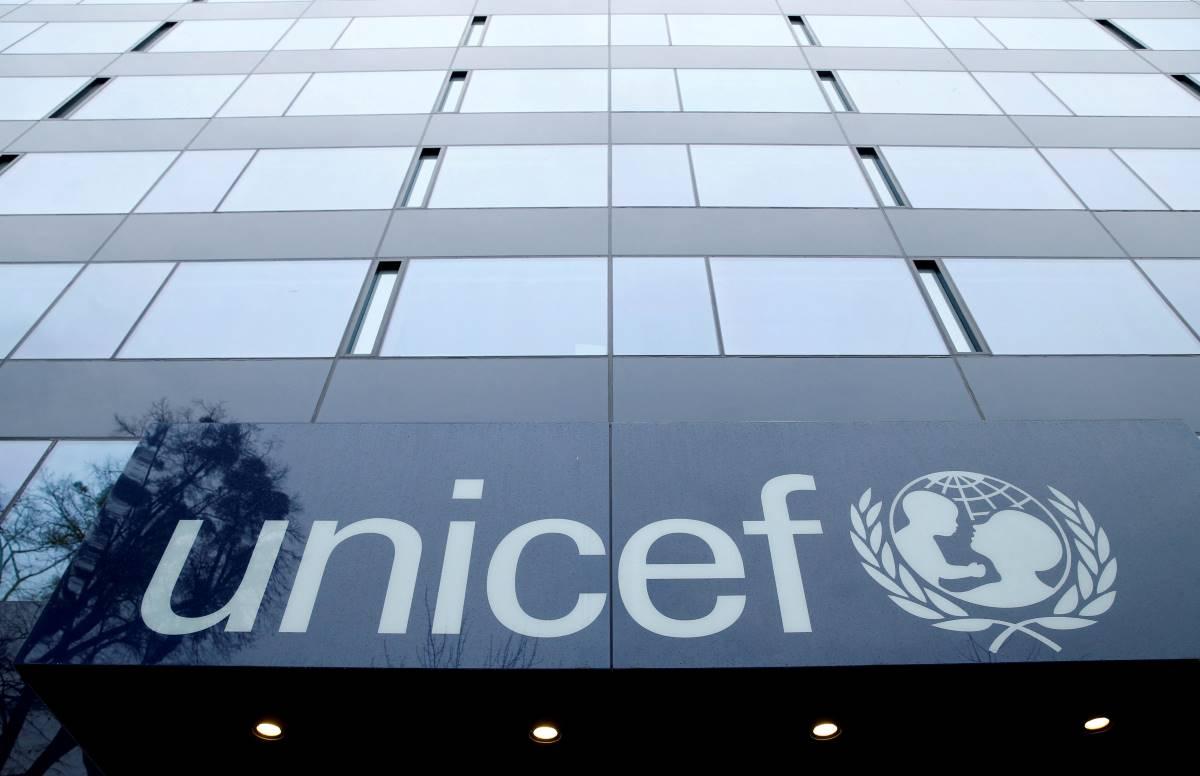UNICEF launches new website to promote children's rights

The United Nations Children’s Fund (UNICEF) on Monday launched a new virtual platform in a bid to strengthen evidence-based decision making to protect the rights of children in the country.
In collaboration with Council for the Welfare of Children (CWC), National Economic and Development Authority (NEDA), and Philippine Statistics Authority (PSA), UNICEF came up with the Situation of Children of the Philippines—a website and data visualization tool where the public can freely access compiled data on children from government sources.
The new website analyzes six main dimensions and 25 subdimensions of children’s rights, including health and nutrition, education, protection, safe and sustainable environment, child poverty and social protection, civil and participation rights.
It also features over 80 key indicators and around 500 data visualizations based on information dating back to 1989 leading to 2023, with subnational breakdowns for certain indicators.
UNICEF Philippines deputy representative for programmes Behzad Noubary said that through the platform, the organization would be able to consolidate, update, and make data on children accessible for everyone, including lawmakers, decisionmakers, the academe, and media.
“Globally, over 3 million people turn to UNICEF as the world’s leading source of data on children. Here in the Philippines, UNICEF works to ensure that each child is counted by strengthening key administrative data systems, census and surveys, improving data governance, supporting better analysis and dissemination, digitalization, and conducting new research,” he said.
“We at UNICEF are happy that the Philippines has a wealth of data available on children, relatively more expansive than many countries. Every day, we use this data to make decisions on our programming,” he added.
Noubary, however, acknowledged that there are still “gaps” in gathering and accessing data on children in the Philippines.
“We still have gaps in granularity, periodicity and timeliness, accessibility, reliability, and consistency of data. Information is often fragmented, inconsistent across sources, not regularly updated, and inaccessible,” he said.
He thus urged the government and other stakeholders to provide better strategic solutions and more investments to sustain the development of data for children.
“We still have gaps in granularity, periodicity and timeliness, accessibility, reliability, and consistency of data. Information is often fragmented, inconsistent across sources, not regularly updated, and inaccessible,” he said.
He thus urged the government and other stakeholders to provide better strategic solutions and more investments to sustain the development of data for Filipino children. — RSJ, GMA Integrated News




